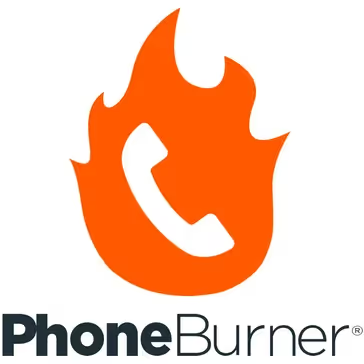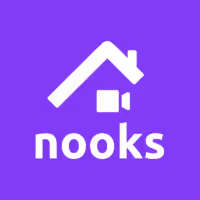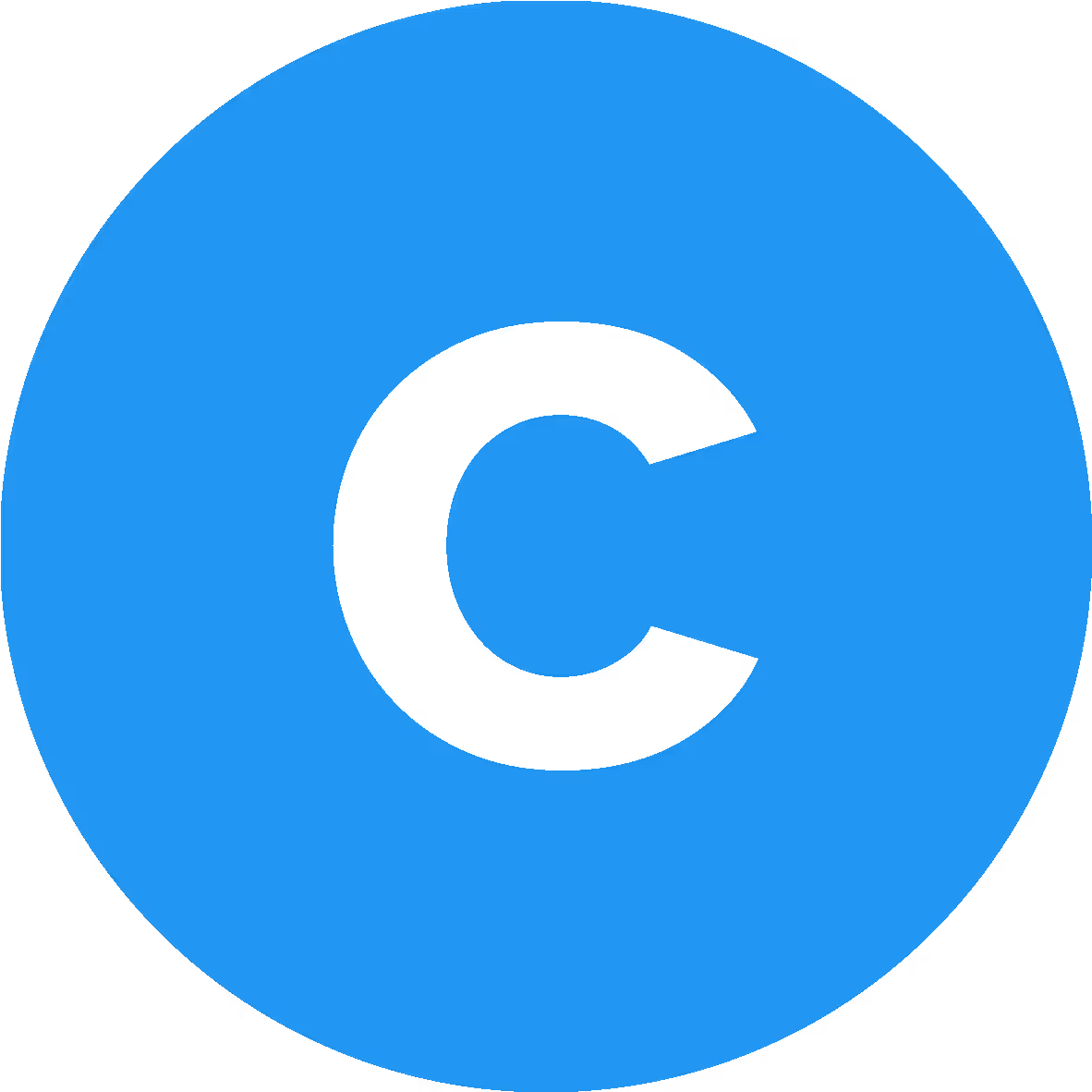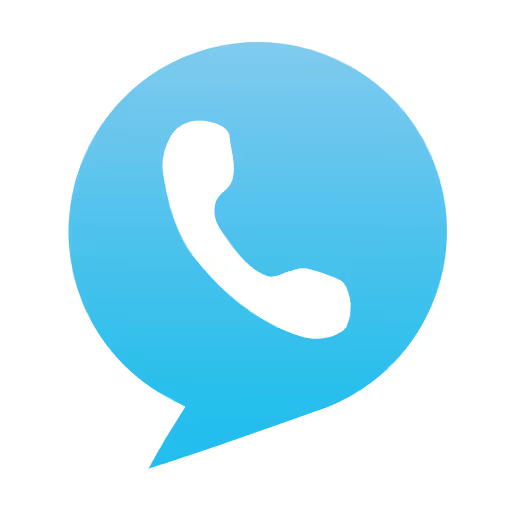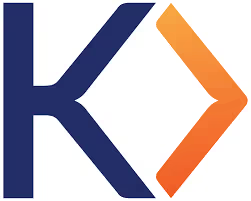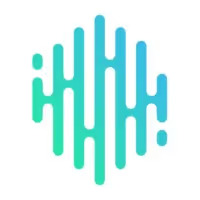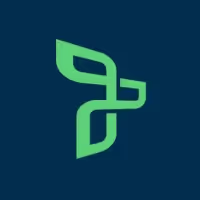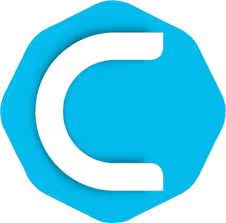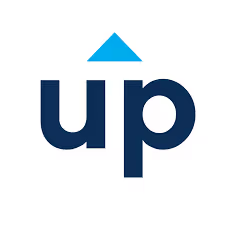Automated cold calling software handles the repetitive parts of making sales calls so your team can focus on actual conversations. These tools dial numbers from your contact list, skip busy signals and voicemails, and only connect agents when someone picks up. A sales team that used to make 50 calls a day per person can now reach 150+ prospects because the software eliminates all the dead time between calls.
The technology works by running different dialing patterns depending on your needs. An AI dialer might call one number at a time and immediately move to the next if nobody answers, keeping your agent ready for the next live person. More advanced systems use parallel dialing to call several numbers at once, connecting your agent to whoever picks up first. Predictive dialers go further by learning your team's patterns and dialing ahead so there's always a call ready when an agent finishes their previous conversation. Most platforms can detect answering machines and skip them automatically, plus show local area codes to prospects so they're more likely to answer.
These tools are different from AI phone assistant for business platforms that actually hold conversations. AI outbound calling systems focus on getting human agents connected to live prospects, while AI voice assistants can qualify leads or book appointments on their own. Some newer platforms combine both approaches, giving you powerful dialing features for your human reps plus AI agents that can handle simple tasks like confirming appointments or gathering basic information.
Sales teams use automated phone dialing to book more discovery calls, support teams reach out proactively to check on customers, and research companies gather survey data. The software automatically logs every call in your CRM, records conversations when needed, and gives managers real-time dashboards showing how many calls each person is making and connecting. Most platforms also analyze call transcripts to spot trends in what prospects are saying and suggest ways reps can improve their approach. As these tools get better at understanding natural speech patterns, they're becoming standard equipment for any business that relies on phone outreach to grow.


